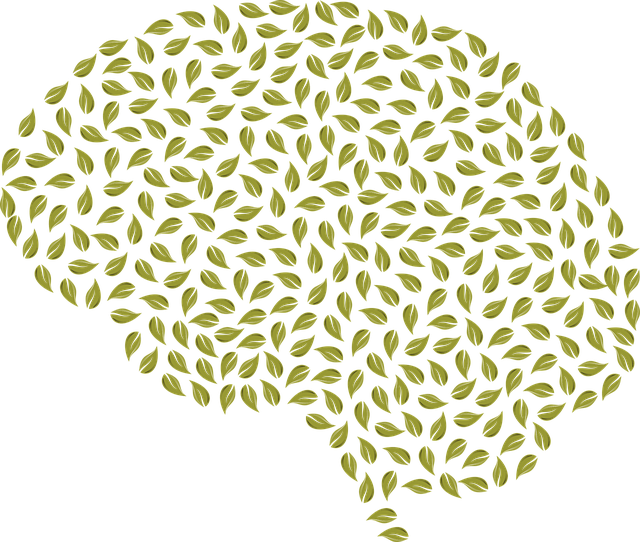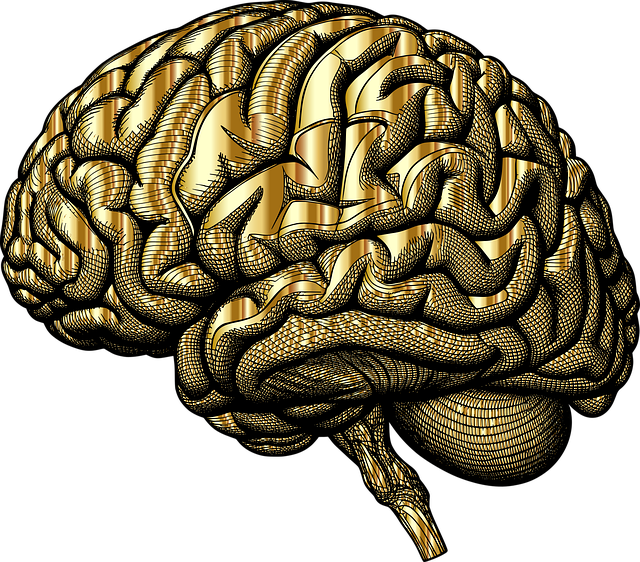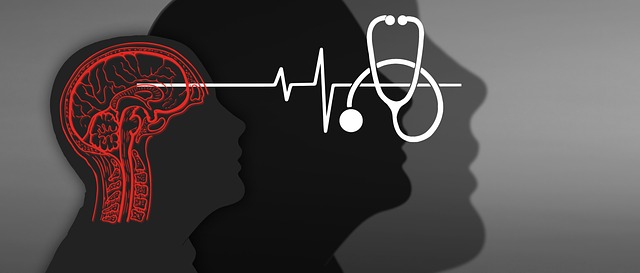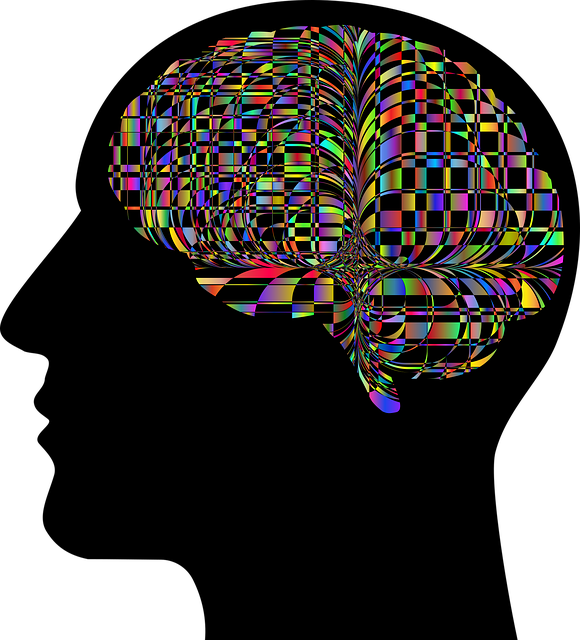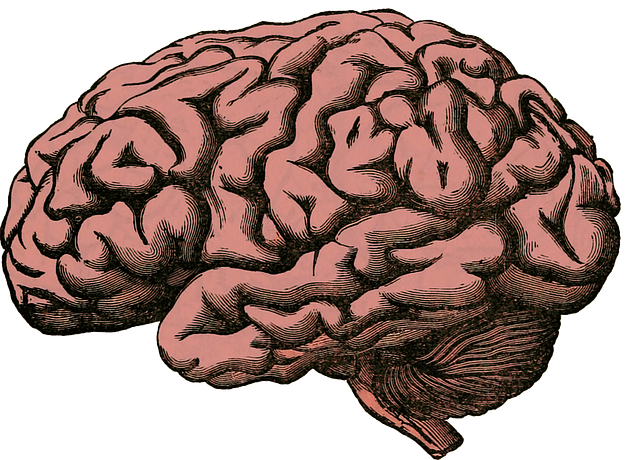Understanding and effectively utilizing mental health data, through comprehensive collection methods and rigorous preprocessing, is key to navigating complex well-being landscapes. Superior Codependency Therapy (SCT) leverages advanced data analysis techniques to personalize treatment, focusing on building resilience and healthy relationships. By delving into patient data patterns, SCT provides tailored support, enhancing therapy effectiveness and promoting long-term mental well-being. This innovative approach combines robust data analysis with evidence-based practices, fostering precision and impact in psychotherapy for optimal personal growth.
Mental health data analysis has emerged as a powerful tool, offering insights into patient well-being. This article explores the process of understanding and interpreting mental health data, focusing on advanced techniques that enhance psychotherapy. From collection and preprocessing to sophisticated analysis methods, we delve into strategies for effective treatment planning. Furthermore, we highlight the significance of interpreting results, particularly in the context of Superior Codependency Therapy, showcasing how data-driven insights can revolutionize patient care and outcomes.
- Understanding Mental Health Data: Collection and Preprocessing
- Advanced Techniques for Data Analysis in Psychotherapy
- Interpreting Results: Enhancing Patient Care with Superior Codependency Therapy
Understanding Mental Health Data: Collection and Preprocessing

Understanding Mental Health Data is a crucial step in navigating the complex landscape of human well-being. When it comes to collection, the process should be comprehensive yet sensitive, ensuring data captures the nuanced experiences of individuals seeking support for their mental health. This involves gathering information from various sources, including self-reported surveys, clinical assessments, and electronic health records. Each data point, whether demographic details or symptom severity ratings, holds significance in uncovering trends and patterns that contribute to a holistic view of mental healthcare.
Preprocessing is an essential phase where raw data is transformed for analysis. This includes cleaning the data to handle missing values, outliers, and inconsistencies, ensuring the integrity of the dataset. Normalization techniques may be applied to standardize measurements, facilitating comparisons across different sources and populations. For instance, in exploring superior codependency therapy, preprocessing might involve categorizing participants based on their initial symptoms or treatment outcomes, enabling researchers to investigate the effectiveness of tailored interventions. Incorporating data from diverse sources enhances cultural competency among healthcare providers, informs Mental Illness Stigma Reduction Efforts, and ultimately builds resilience within communities.
Advanced Techniques for Data Analysis in Psychotherapy

In the realm of psychotherapy, data analysis has evolved to incorporate advanced techniques that significantly enhance treatment outcomes. One such innovative approach is Superior Codependency Therapy (SCT), which leverages sophisticated statistical methods and machine learning algorithms to uncover intricate patterns within patient data. By delving into complex interactions between variables, SCT enables therapists to provide highly personalized care. This involves analyzing not only traditional clinical measures but also exploring subtle changes in Self-Care Practices and the development of Inner Strength, thereby offering Trauma Support Services that are tailored to each individual’s unique needs.
Advanced analysis methods allow for a more nuanced understanding of patient progress. Through these techniques, therapists can identify early indicators of potential setbacks or areas where additional support might be required. This proactive approach not only optimizes treatment effectiveness but also fosters better long-term outcomes by empowering individuals with the tools to maintain their mental well-being. By combining robust data analysis with evidence-based practices, psychotherapy becomes a more precise and impactful process, ultimately strengthening the bond between therapy and personal growth.
Interpreting Results: Enhancing Patient Care with Superior Codependency Therapy

When analyzing mental health data, interpreting results accurately is key to enhancing patient care, especially when employing Superior Codependency Therapy (SCT). SCT goes beyond traditional therapy models by focusing on building resilience and fostering healthy relationships, which are essential aspects of an individual’s well-being. By understanding the unique dynamics of codependent relationships, therapists can tailor interventions to address specific needs.
The process involves identifying patterns in communication and behavior that may indicate low self-esteem or a lack of boundaries, common issues in codependent individuals. Through this nuanced approach, SCT encourages positive thinking and confidence boosting strategies, helping patients develop a stronger sense of self. Resilience building is another critical component, equipping individuals with the tools to navigate challenging situations and maintain their mental health progress.
Mental health data analysis and interpretation are essential components of modern psychotherapy. By understanding the collection, preprocessing, and advanced analytical techniques for mental health data, therapists can significantly enhance patient care. Specifically, implementing superior codependency therapy based on thorough data interpretation offers a game-changer approach to addressing complex emotional issues. Through this process, therapists gain valuable insights that enable them to provide tailored interventions, ultimately improving treatment outcomes.
